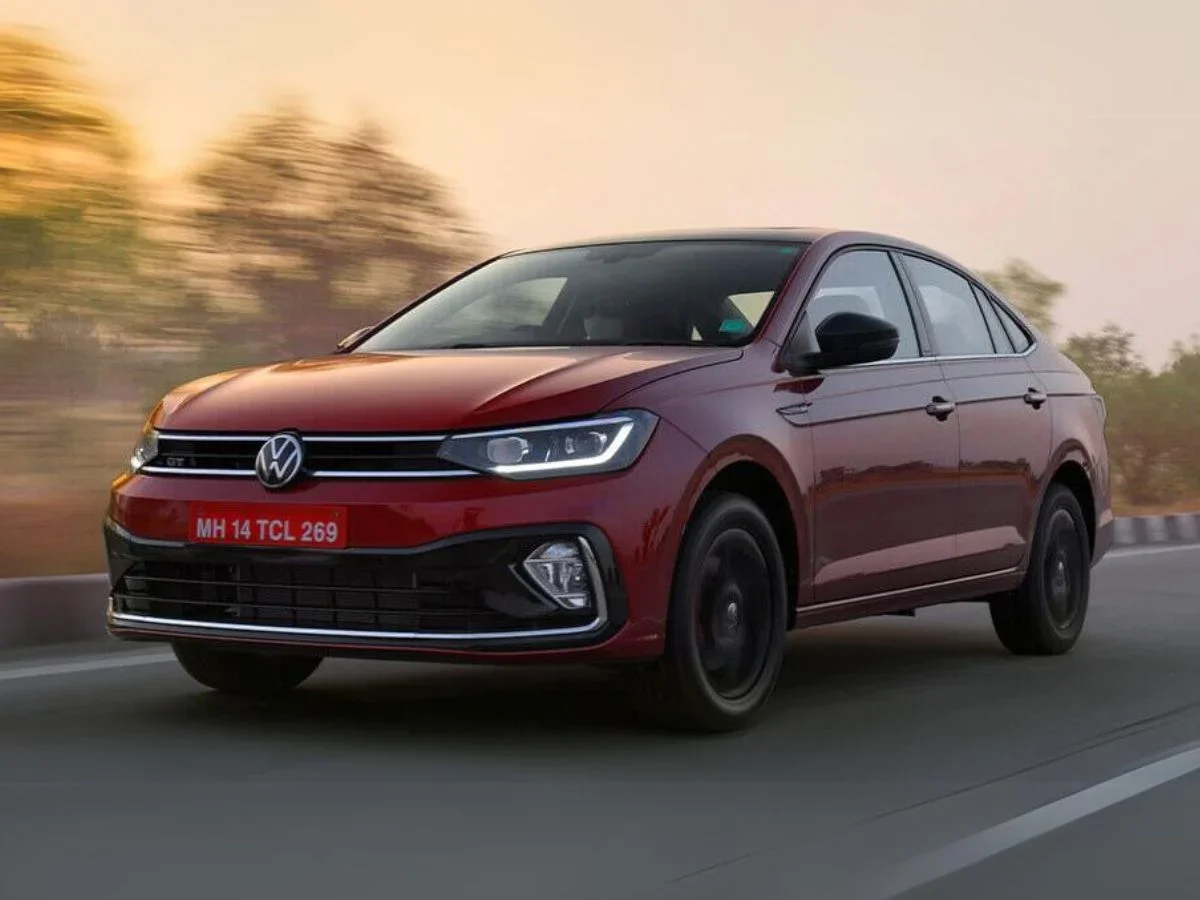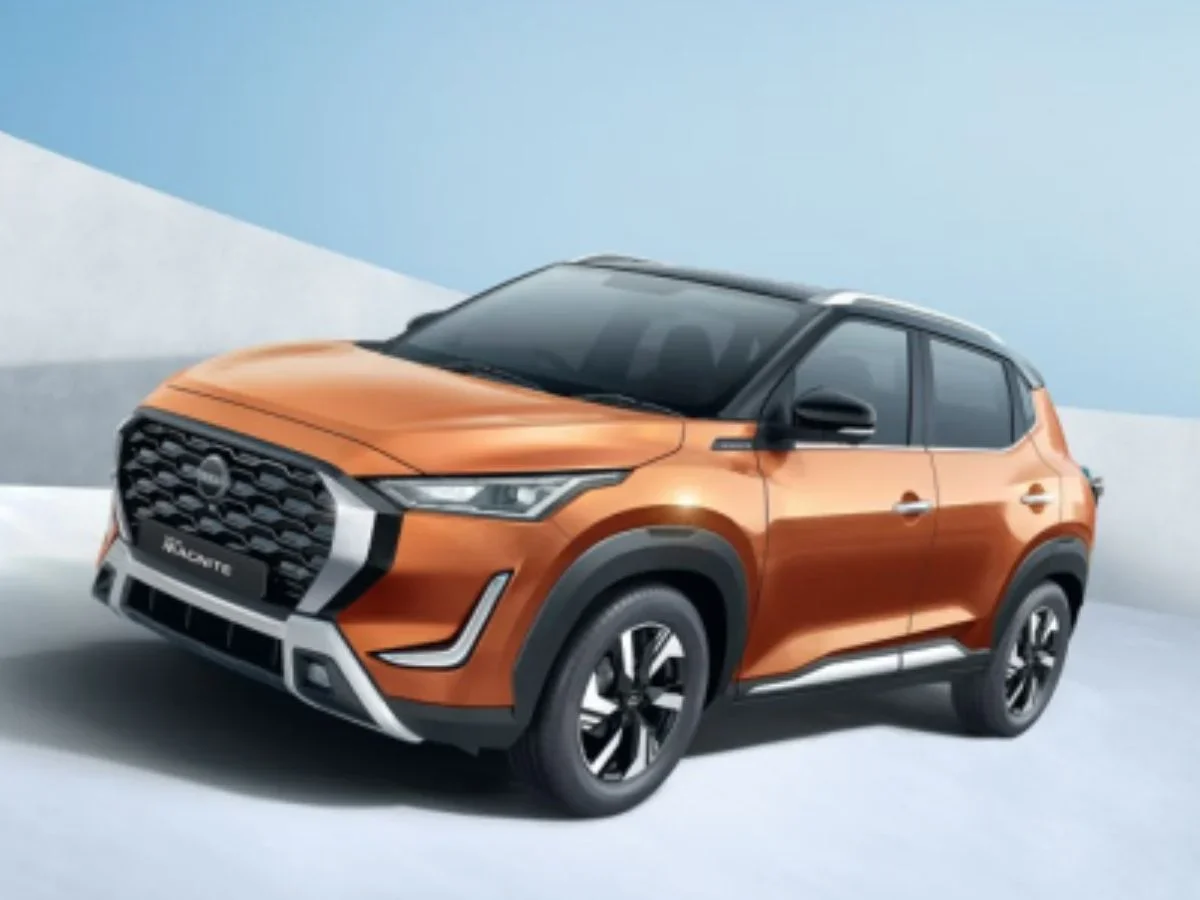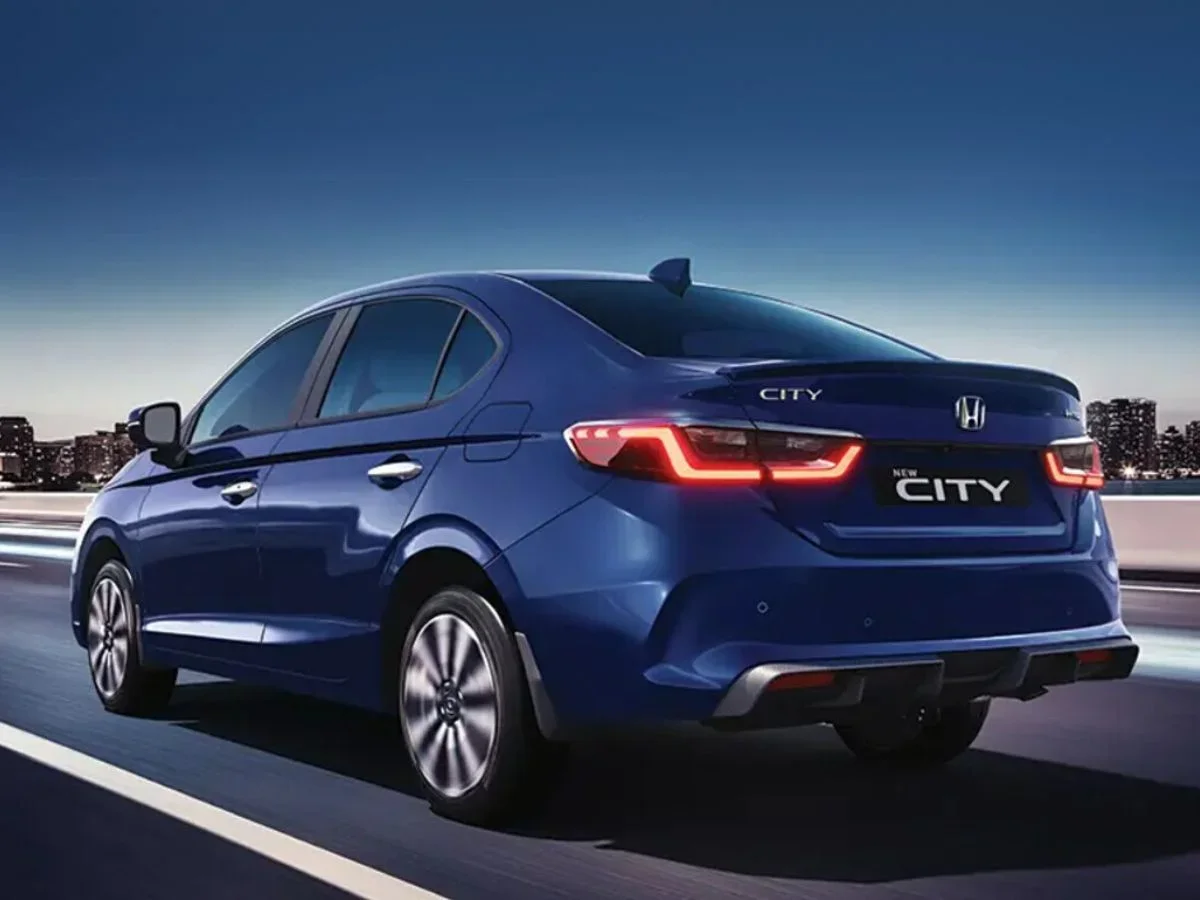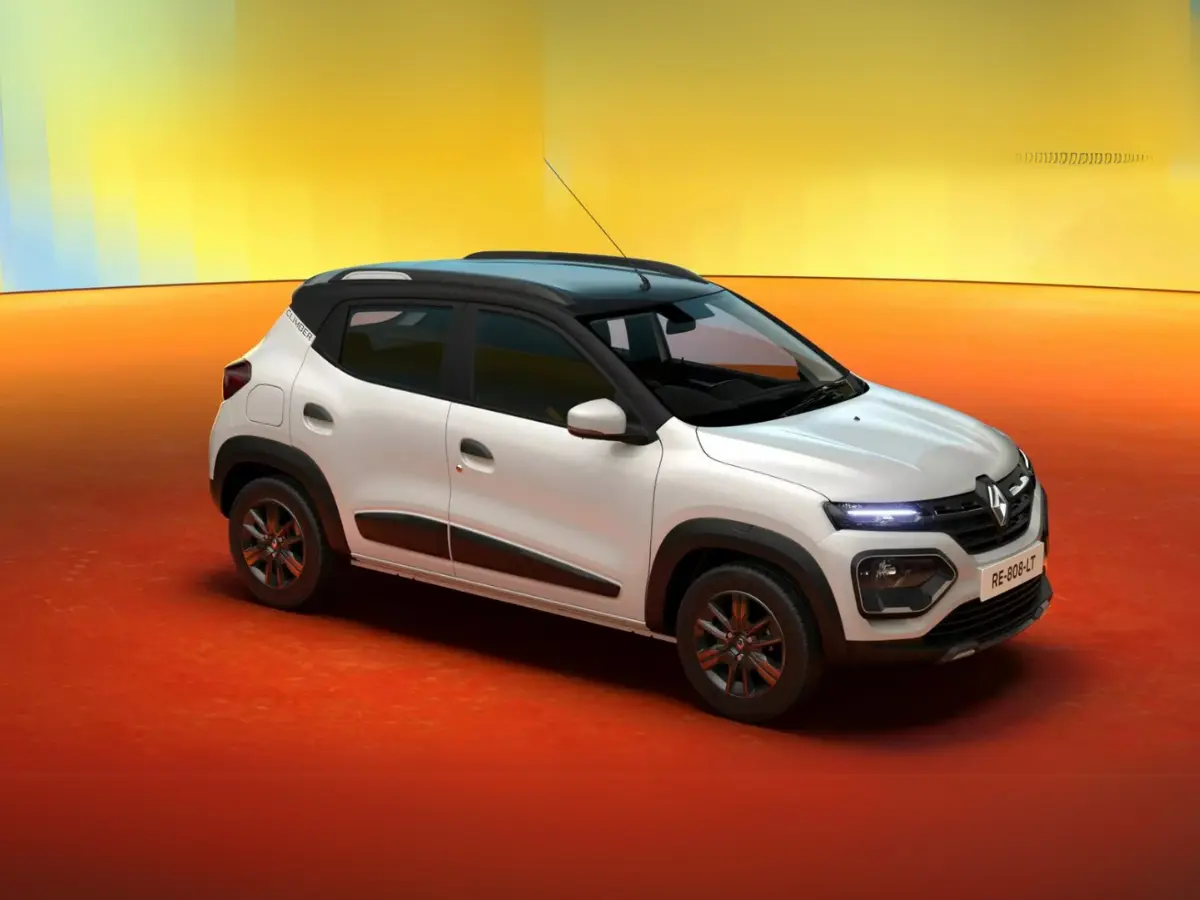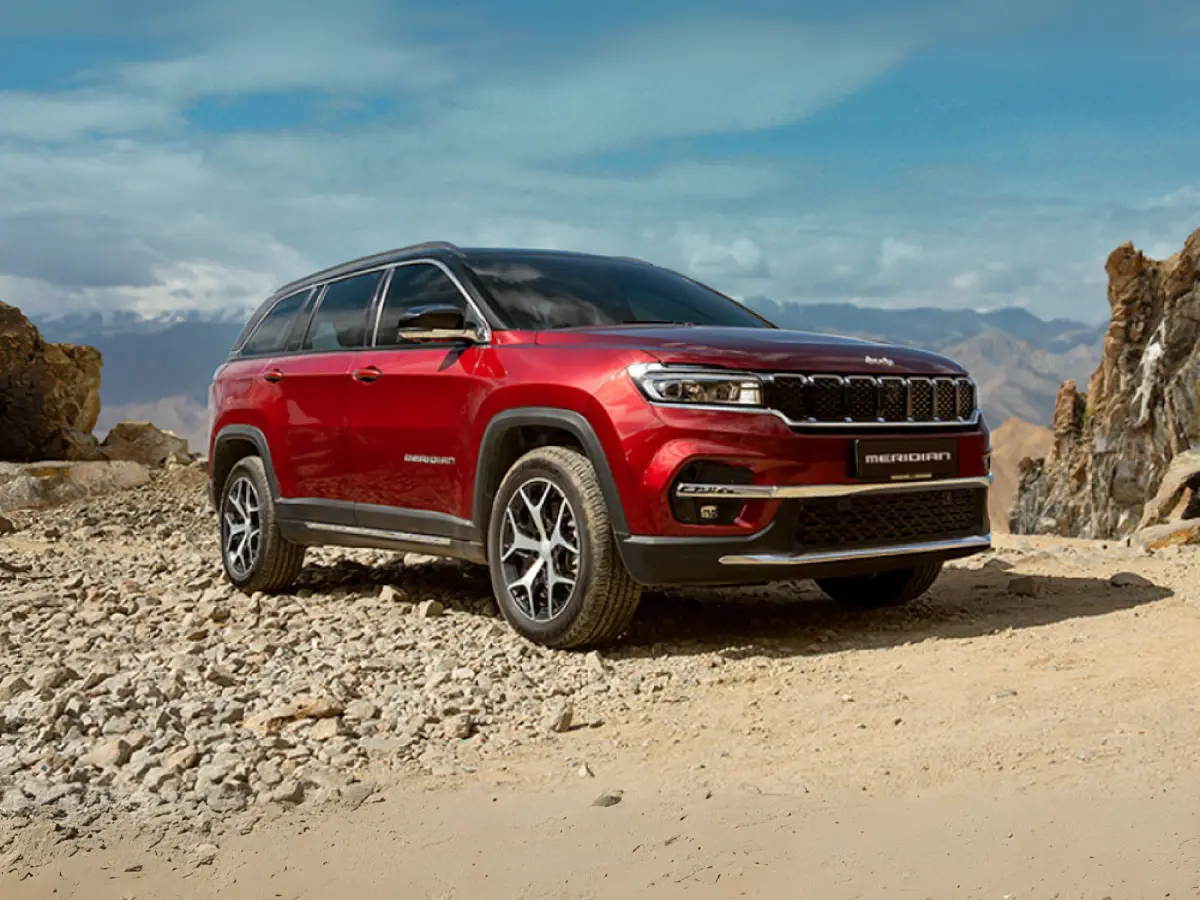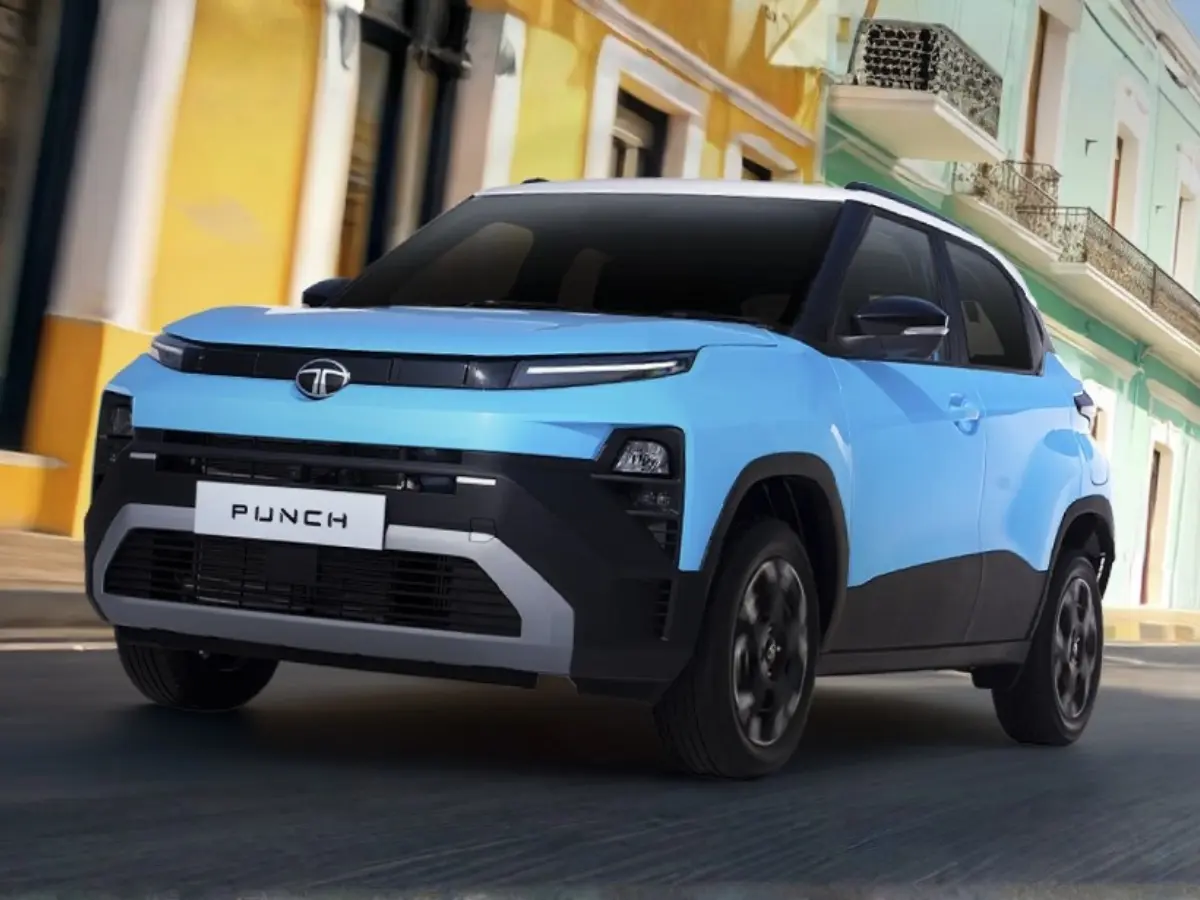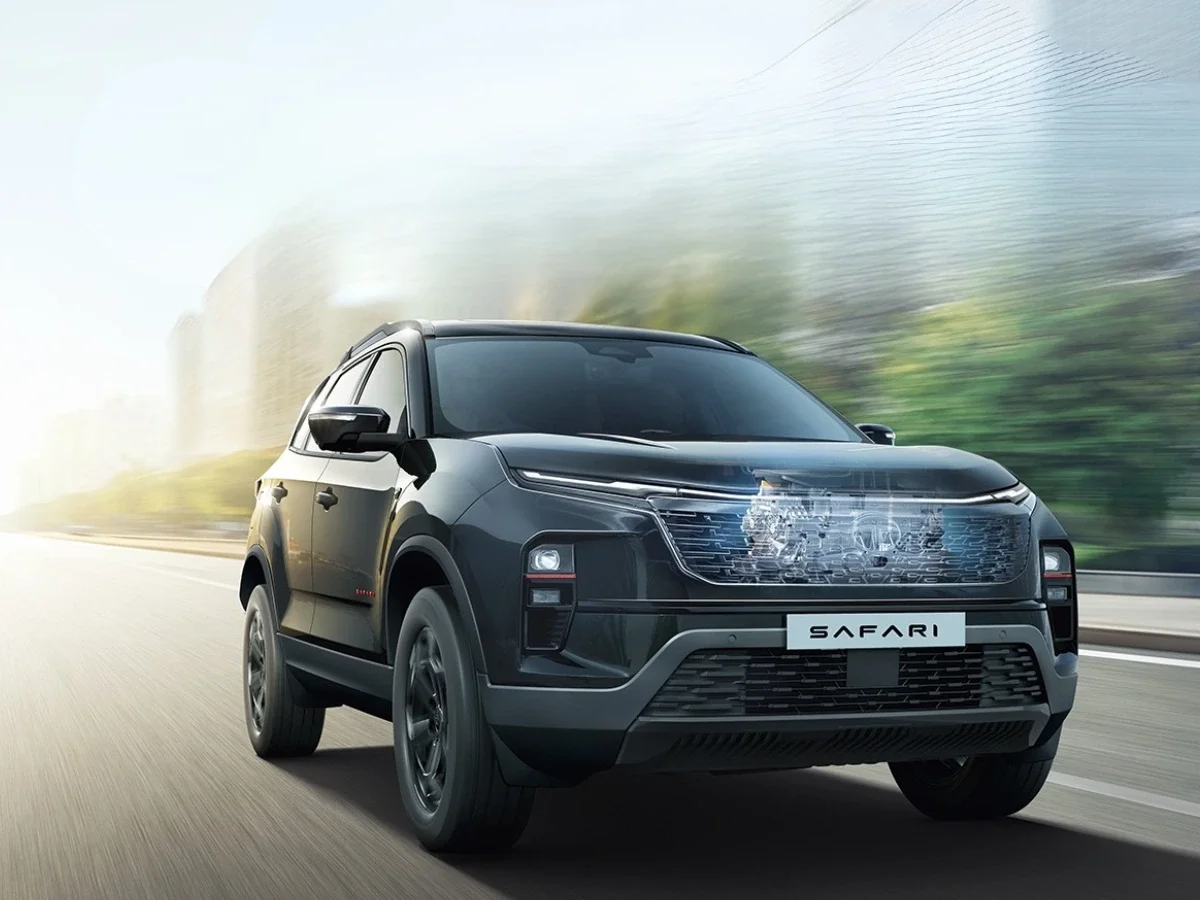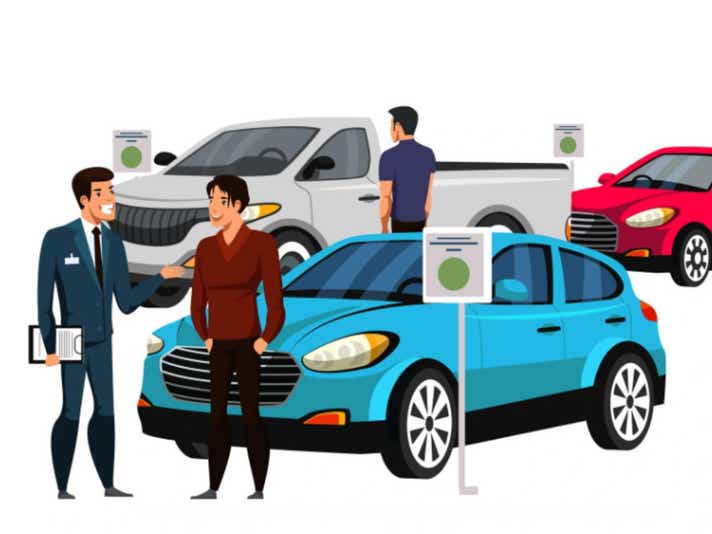

Things to keep in mind when buying a used car
- 1Check the car’s condition inside and out
- 2Verify all documents and service history
- 3Get it inspected and compare prices before buying
Buying a used car is a crucial investment that involves careful consideration of several factors. Second-hand cars come with a wide range of choices and are available at affordable prices.
However, before finalising your decision, it is essential to conduct detailed research to ensure that you are making a wise investment. Keep reading to learn about the key things to check before buying a used car.
Top 10 Things to Consider Before Buying a Used Car
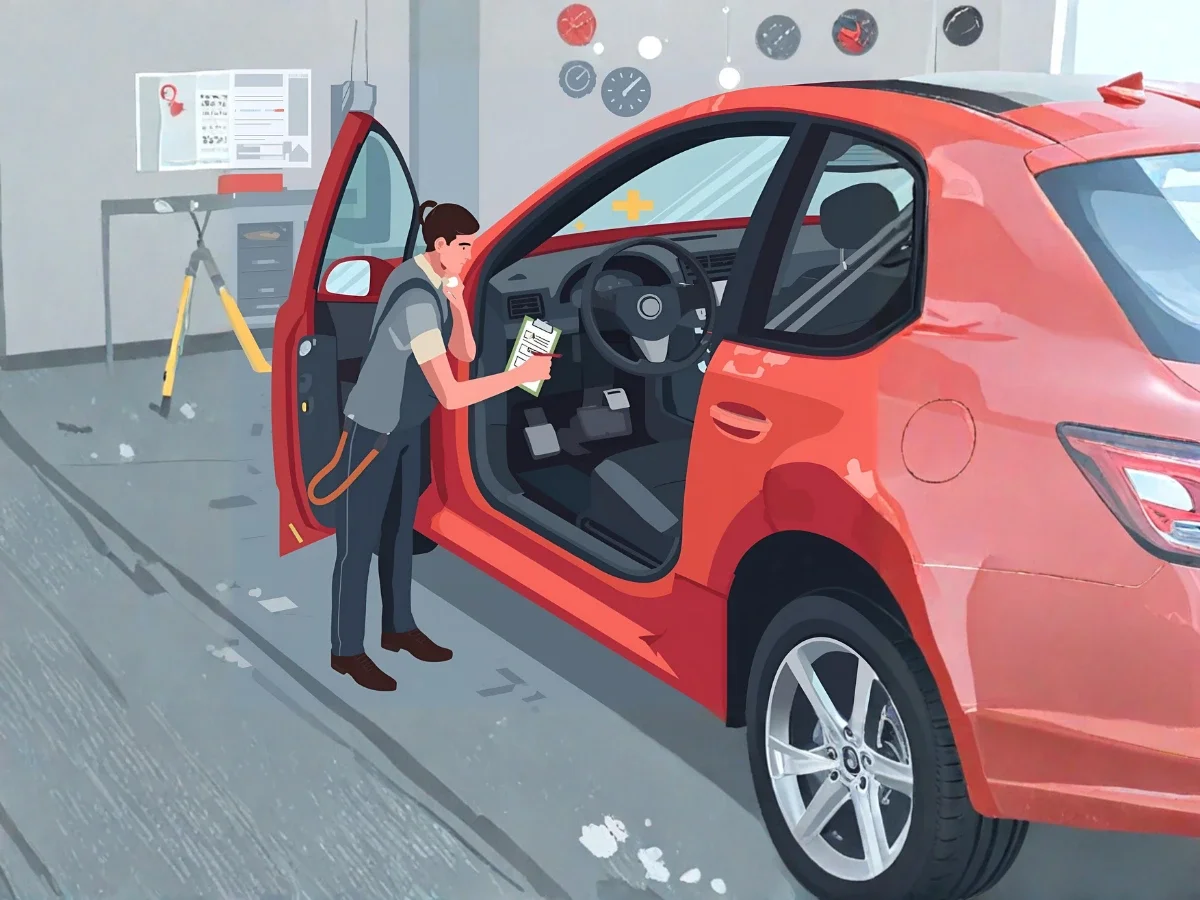
Here are some of the top factors to consider while purchasing a second-hand car:
Check the Car’s Exterior and Interior Condition
You must conduct a visual inspection to check the exterior and interior condition of the second-hand car. Check the exterior for signs of inconsistent paint, dents, rust, or other damage.
When checking the interior, always inspect the dashboard, upholstery, wear and tear in the controls, etc. A reliable vehicle will always have a well-maintained interior.
Inspect the Engine and Performance
Before buying a used car, you must check the engine for oil leaks. This leakage can mainly be found around areas such as the sump and engine seal. Inspect the cooling passages for corrosion or rust.
Ask the seller to start the car's engine and look out for any unusual noise. A compression check is also crucial in assessing the engine’s health when performed by an expert mechanic. Additionally, check belts, filters, and hoses for cracks or wear.
Verify the Service History
Verifying the vehicle's service records is another crucial factor to consider when buying a used car. It shows a complete record of the vehicle's repair and replacement history. It also shows how many times the vehicle has been serviced or maintained. Thus, you can learn how the previous owner maintained and cared for the car.
Review the Vehicle Documents
Ensure all vehicle documents are genuine and in order. This includes the registration certificate, road tax receipts, pollution control certificates, and car insurance papers.
A valid third-party car insurance policy is mandatory under the Motor Vehicles Act, 1988, making it a legal requirement for all vehicles operating on Indian roads. Thus, keeping it active ensures smooth driving and provides peace of mind from the day you buy the vehicle.
Evaluate the Car’s Insurance Status
Check whether the vehicle currently has any car insurance policy and the nature of the coverage it entails. Knowing whether there have been past claims can indicate accident history.
Compare insurance quotes tailored for used cars to select the best plan balancing premium cost and coverage. Opting for comprehensive car insurance is often a smarter choice for used vehicles, as it covers both third-party liability and damage to your own car due to accidents, theft, or natural events.
This wider protection helps avoid unexpected repair costs and ensures your used car remains financially secure throughout its ownership.
Confirm the Odometer Reading
One concern when buying a used car is checking for odometer fraud. Some owners fake the odometer reading to hide the exact mileage. Thus, cross-checking of the reading is mandatory along with the car’s maintenance records and overall condition.
You should also check for wear or tear on the seats and pedals, as these may be inconsistent with the odometer reading.
Check Ownership History & Background
Use the Vehicle Identification Number (VIN) to get a detailed history report. This reveals previous owners, any serious accidents, salvage titles, or liens on the vehicle. Avoid cars with rebuilt or salvage titles, as they might have hidden damage. A clean ownership history reduces the risk of fraud or legal complications.
Learn about Ownership Transfer & Insurance Update
Understand the legal process for transferring ownership. Both the buyer and the seller must complete the required forms and pay the applicable fees at the RTO or a local motor vehicles office.
After you decide to buy, you must promptly update the car insurance policy with your details and ensure the coverage remains active.
Compare Market Value and Negotiate
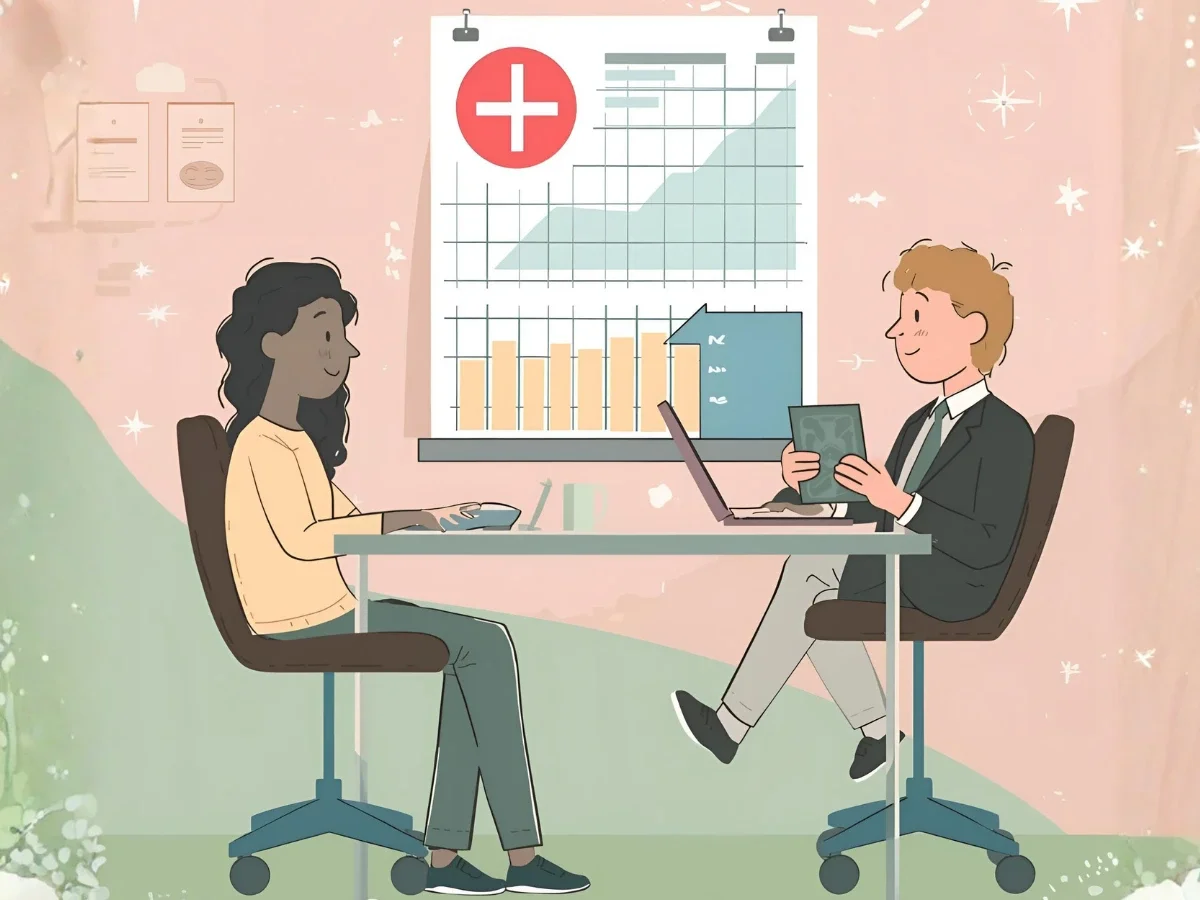
Research current market prices using trusted guides or local listings to see if the asking price is fair. Use this data during negotiations to avoid overpaying. Consider the car’s condition, mileage, and any repairs needed when making an offer. Sellers often expect some negotiations, so don't hesitate to discuss the price.
Get a Professional or RTO Inspection
Before finalising the purchase, get the car inspected by a trusted mechanic or authorised RTO inspector. Professionals can identify hidden problems such as engine issues, frame damage, or suspension wear.
An inspection report can provide leverage for negotiation or help you decide against buying a second-hand vehicle.
Buying a used car can be a great experience if you proceed with care and attention to detail. It is crucial to know what to look for when buying a used car. By thoroughly checking the vehicle’s condition, verifying its history and documents, and securing proper insurance, you can avoid common pitfalls.
Use this checklist to approach your used car purchase confidently, ensuring you get value for your money and a safe, dependable ride.


